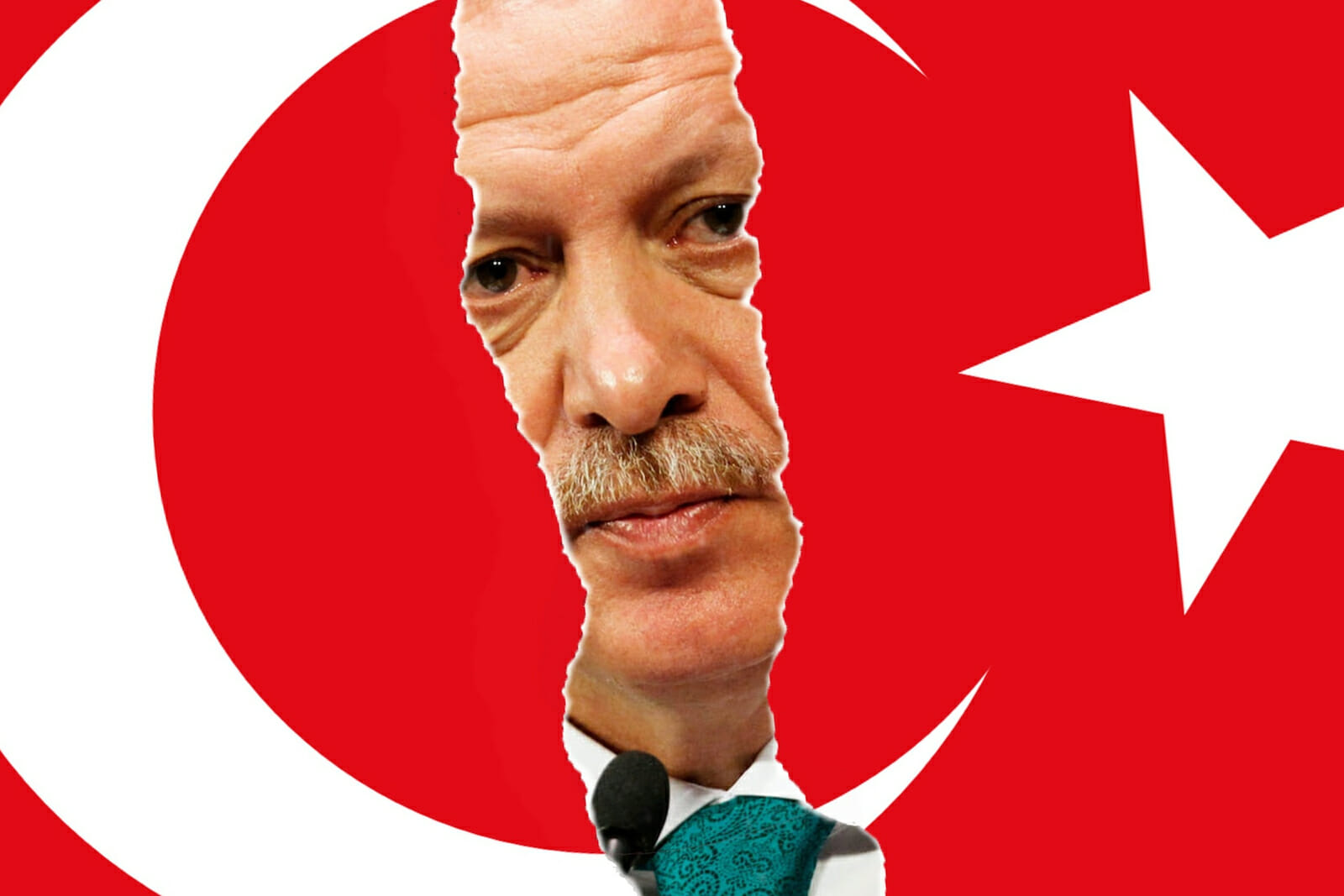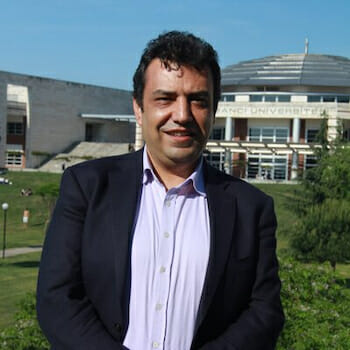
Opposition in Turkey
The municipal elections on March 31st at the national level and the re-run elections on June 23rd in Istanbul showed that there is a strong and vibrant opposition in Turkey. The opposition wins in Istanbul, Ankara, Izmir, among others, was a surprising development for many observers and even to some in Turkey. Although there were educated guesses that Erdogan may lose Ankara, the loss of Istanbul by 800,000 votes became a significant failure in the city, where Erdogan started his rise in Turkish politics as mayor in 1994. Which parties constitute this new opposition wave in Turkey? How did they increase their vote in the municipal elections? Will they pose a real political and electoral challenge to Erdogan’s ruling coalition in Turkey?
The opposition in the recent election, Nation Alliance, consists of the Republican People’s Party and the Good Party. Other opposition parties are the People’s Democratic Party and the Felicity Party. The People’s Democratic Party and the Felicity Party supported the Nation Alliance through strategic voting in the cities that they cannot win. The configuration of the opposition is exemplary in a sense that they would all like to put an end to Erdogan’s rule in local and national politics.
The Republican People’s Party is a center-left party with a secular and Kemalist identity and a strong proponent of a return to the parliamentarian system in Turkey. The Republican People’s Party had been close to the military which acted as the guardian of the Turkish Republic since the recent transformation to presidential rule and is a centrist-nationalist party led by the charismatic leader, Meral Aksener, who established the Good Party with the group which defected from the Nationalist Action Party in late 2017. The Nationalist Action Party is a coalition partner of Erdogan’s People’s Alliance. Aksener is known for raising her voice in the atmosphere of fear as on February 28, 1998, when a soft military coup removed the former Felicity Party from the government. She became the opposition voice against the strong rule of Erdogan.
The People’s Democratic Party is a pro-Kurdish party with strong electoral support from the Kurdish populated south and eastern part of Turkey and in some big cities due to internal displacement and migration. Turkey’s mainstream political parties consider the People’s Democratic Party as a subordinate of the terrorist PKK organization. The peace process between the Turkish state and the PKK ended in 2015 when the People’s Democratic Party started a campaign against Erdogan with a motto: “We will not make you president.” FP is the original political Islamist Party, from which the founding fathers of Erdogan’s party defected after their opposition to Necmettin Erdogan, the legendary leader of the party in the past. FP politicians blame Erdogan for abandoning Islamic and moral values.
The electoral coalition of opposition adopted a soft, inclusive but substantive rhetoric against Erdogan. One wonders what changed in Turkish politics that enabled the opposition to challenge Erdogan and even reach out to his support base. Erdogan has won all the local and national elections in a kind of hegemonic party system in Turkey since 2002. The shift from the parliamentary to the presidential system, the referenda, and presidential elections, occurred with a narrow margin with above 50% support for Erdogan. Following the extraordinary powers of the emergency rule after the 2016 failed coup, Erdogan was given new presidential authority and he was virtually unchallenged.
In addition to his electoral victories, Erdogan defeated what he calls bureaucratic tutelage against his party, namely controlling judiciary and military. The presidential system created a new regime in Turkey bridging the gap between state and politics through redesigning them around an executive president. The major impact of this restructuring is the fact that the political parties lost their chances to rely on their guardianship roles of the military or judiciary. The only option to stay in political competition and win is to find a way to increase the vote.
Another change, which is a natural corollary of the multiple parties’ search for widening their voter base, is the lowering of the barrier between the center and the periphery of Turkish politics. The traditional center of Turkish politics is occupied by secular and republican segments of Turkish society, while the periphery consists of rural masses associated with the pluralist demands and Islam. Ekrem İmamoğlu, the Republican People’s Party candidate in Istanbul, reached out to the periphery during the elections, visited conservative corners of the city, break his fast during Ramadan with the families in poor neighborhoods and even recited the Quran in a mosque. This is unique and never happened before.
The Nation Alliance was aware of the changing nature of the electoral competition more than Erdogan and his People’s Alliance. Erdogan and his coalition partner, Devlet Bahçeli, adopted a bold line using the rhetoric of national survival and blaming the opposition for damaging vital national interests and acting in line with terrorist groups. The opposition prioritized good governance, improving the city’s economy, improving transportation infrastructure, helping students, elder people and providing cheaper water and natural gas. The opposition focused on micro-level issues, while the ruling coalition relied on macro-political schemes of national survival and security.
The electoral coalition of the opposition aimed to minimize the win of the rival People’s Alliance. The People’s Democratic Party supporters voted for the Nation Alliance candidate in the big cities, and in particular in Istanbul. Nation Alliance did not openly acknowledge a deal or understanding with the People’s Democratic Party because that may have had a negative impact on their nationalist voter base. The People’s Democratic Party did not mind this attitude since their strategic goal is to weaken Erdogan. The jailed former head of the party, Selahattin Demirtaş, called for support for the National Alliance candidate in Istanbul. One day before the elections, a letter of jailed PKK leader was published in the media. Abdullah Öcalan asked that Kurdish politics remain neutral on the domestic political front. It meant a call of support for the People’s Alliance in Istanbul re-run elections and was considered as a last-minute attempt of a ruling coalition.
Looking at the result of the election in Istanbul, the People’s Democratic Party base voted for Nation Alliance disregarding Öcalan’s call, Felicity Party’s choice to run with their candidates worked against Erdogan’s party and, most importantly, the Republican People’s Party candidate received votes from Erdogan’s supporters. There is strong and vibrant opposition for changing the nature of Turkish politics. They know how to compete, reach out to formerly ignored segments of Turkish society and catch the mode of new voters. Their voice is heard within Turkey’s voting population. The future of opposition will depend on their ability to develop electoral competition skills and the delivery of their promises in their municipal governance against a powerful executive presidency under Erdogan.

